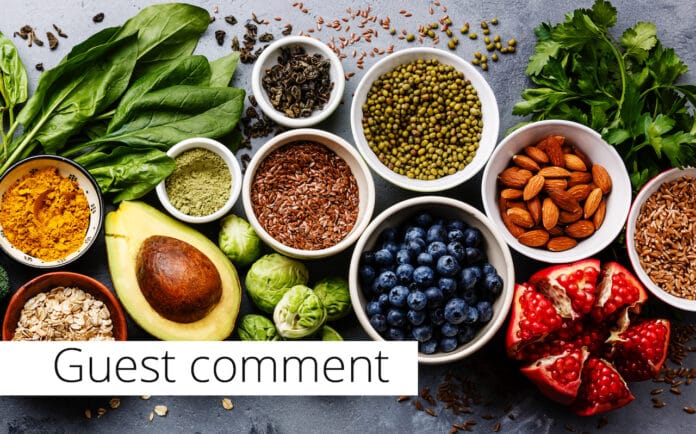Paul Gurnell, general manager at Purearth, offers his thoughts on how functional, immunity boosting drinks can become a way of life for consumers.
Even before coronavirus, immune health was a growing trend.
Since the pandemic struck, consumer awareness of its importance has exploded exponentially. In a recent survey undertaken by FMCG Gurus, 72% of participants stated that they were concerned about their immunity levels.
However, while a large number of people recognize it as an issue, very few have an understanding of exactly how the body’s system works, or how to improve it. With 80% of our immune cells located in the gastrointestinal tract, good gut health is critical to our defences, and probiotics play a hugely positive role in both building and maintaining this.
Based on this, none of us should be surprised that consumers have turned their attention to so called ‘functional’ food and drinks as a quick fix, with more than two thirds of people intending to eat and drink more healthily because of COVID-19.
With significant time at home and a forced change in purchase behaviour due to restrictions, we have all consumed more marketing messages, undertaken increased research on products using brand websites, and have had our insecurities and concerns played upon by companies offering the solution to our worries.
At Purearth alone we have seen a doubling of visitors to our website, while order numbers are up by more than 300% year-on-year and dwell times on our information pages have grown significantly since the start of the pandemic as the thirst for knowledge spirals.
Therefore, the question to the industry is how do we maximize this opportunity and ensure that shoppers are making educated and genuinely beneficial selections?
The key starting point is providing choices across the two main types of immunity boosting products: those which contain probiotics and those which make the claims based on vitamins or other natural compound content. By doing this, we are providing a range which meets a variety of consumer need states and multiple consumption occasions, maximizing the opportunity to sell.
There is no such thing as an instant solution to low immunity – any drinks brands that claim there is, are quite frankly lying to us all
Those which contain probiotics such as dairy kefirs, water kefirs and certain kombuchas work by introducing beneficial bacteria such as Lactobacillus into the gut, which helps your body fight off unfriendly organisms. However, in order to do this effectively, the liquid needs to be ‘live’, so those brands which either pasteurize after fermentation or filter to a low level to give increased shelf life effectively remove the cultures and the health benefits. This practice is particularly common in a ready to drink kombucha, and with limited shopper understanding, people are drinking things that aren’t as good for them as they think.
On the other side of the coin, we have those which contain ingredients such as ginger and turmeric (both proven contributors to the immune system) or high levels of vitamin C. These drinks are most commonly packaged in a ‘shot’ format and are designed to be taken as a ‘boost’ or ‘pick-up’ for the body. Again, education is key here, as many contain relatively low levels of ‘beneficial’ elements with extremely high levels of fruit juice (and therefore sugar).
However, regardless of the type of product you choose, or to some degree the time of day you consume it, the most important thing is adopting it over a sustained period of time to build your body’s resistance and raise overall levels. There is no such thing as an instant solution to low immunity – any drinks brands that claim there is, are quite frankly lying to us all.
As a collective industry therefore, we can do three simple things to accelerate and unlock these huge opportunities: expand the space and range given to the category ins-tore: be clear in our communications to shoppers and consumers about what is really in the products on the shelf; and find new and innovative ways of helping people adopt the purchase and consumption of ‘functional’ drinks into their everyday lives.
With these building blocks in place, we can all ensure that the COVID-19 ‘spike’ becomes just the start of something which will play a part in our daily lives for years to come.











